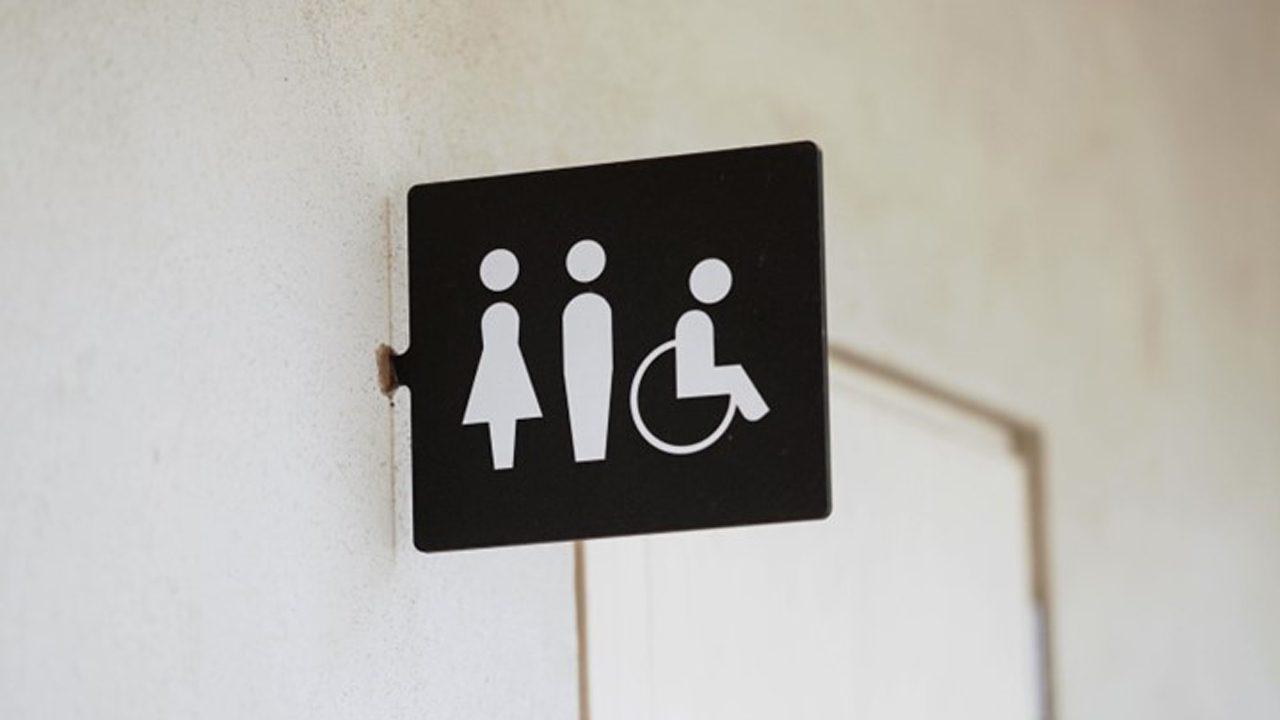
Florida district bars trans teachers from using preferred pronouns and bathrooms to comply with state law
The Orange County Public Schools guidance was issued Monday in order to follow two state laws signed by Gov. Ron DeSantis that took effect in July, impacting gender identity and bathroom usage in public schools.
NBC News | By Marlene Lenthang | August 8, 2023
A major Florida school district, in order to comply with state law, has issued guidance that will bar transgender employees from sharing their preferred pronouns and force trans students and staff to use group restrooms that follow their “biological sex at birth.”
Orange County Public Schools — the fourth-largest district in Florida with about 209,000 students at 210 schools — released the new guidance on Monday for the 2023-24 academic year.
The memo was issued by the district’s deputy general counsel to follow two recently passed Florida laws: House Bill 1069, which provides restrictions on teaching about sex and human sexuality, and House Bill 1521, which provides requirements for use of restrooms by gender. Both bills were signed by Gov. Ron DeSantis in May and took effect July 1.
The guidance, sent to the district’s superintendent and deputy superintendent, principals and executive leaders, summarizes the new rules — and punishments — laid out in those two bills.
Under House Bill 1069, a student or employee’s sex is defined by their birth sex — “the hormones and genitals present at birth” — not the gender they identify with, the memo said.
As a result, transgender employees or contractors “may not provide a personal title or pronoun to students which does not correspond [to] the employee’s or contractor’s biological sex at birth,” the memo said.
The bill also mandates that employees and contractors may not ask a student to provide his or her preferred personal title or pronoun, the memo said.
John C. Palmerini, the deputy general counsel for Orange County Public Schools, wrote in the memo that educators who are concerned about the usage of pronouns and “potential liability” can use the first or last name of a student when calling on the pupil, or their parent may submit a form to use a nickname.
Based off the law, the State Board of Education ruled that educators who violate the pronoun rule can face sanctions up to the revocation of their teaching certificate.
House Bill 1521 requires bathrooms, other than single stall restrooms, to be separated by biological sex at birth. The bill, dubbed the “Safety in Private Spaces Act,” impacts educational facilities as well as correctional institutions, jails and state-owned public buildings.
“For our transgender students and employees, they must be provided single stall restrooms for their usage,” the guidance said. “Transgender students and employees may not enter into a group restroom which is designated for the sex other than their biological sex at birth.”
The law also required that changing rooms be separated by birth sex. Transgender students must be provided single stall restrooms or coaches offices when changing for classes such as physical education, the guidance said.
The law requires a penalty for any student who “willfully enters a bathroom or changing facility designated for the opposite sex if the student refuses to depart when asked to do so by any instructional personnel, administrator, or school resource officer.” In such cases, disciplinary referrals will be addressed to the dean or administrator in charge of discipline, the memo said.
Staffers who use a restroom other than one based on their birth sex, with few exceptions, are also subject to discipline.
“Principals/Site Administrators shall work with transgender employees to identify single-stall restrooms so transgender employees may comply with the Florida law,” the memo said.
The guidance noted that if the school district and its employees do not comply with the law, the Florida Attorney General “is empowered to file a civil lawsuit to enforce this provision.”
Willful violations may subject the district to a fine of up to $10,000.
The district said Tuesday that the guidance was issued due to “state legislative and rule changes around the Parents Bill of Rights since last school year which impact students, teachers and staff.”
Not only is Orange County Public Schools one of the largest in the state, it’s the eighth-largest in the nation and is one of the largest employers in central Florida with more than 25,000 team members, according to the district’s website.





